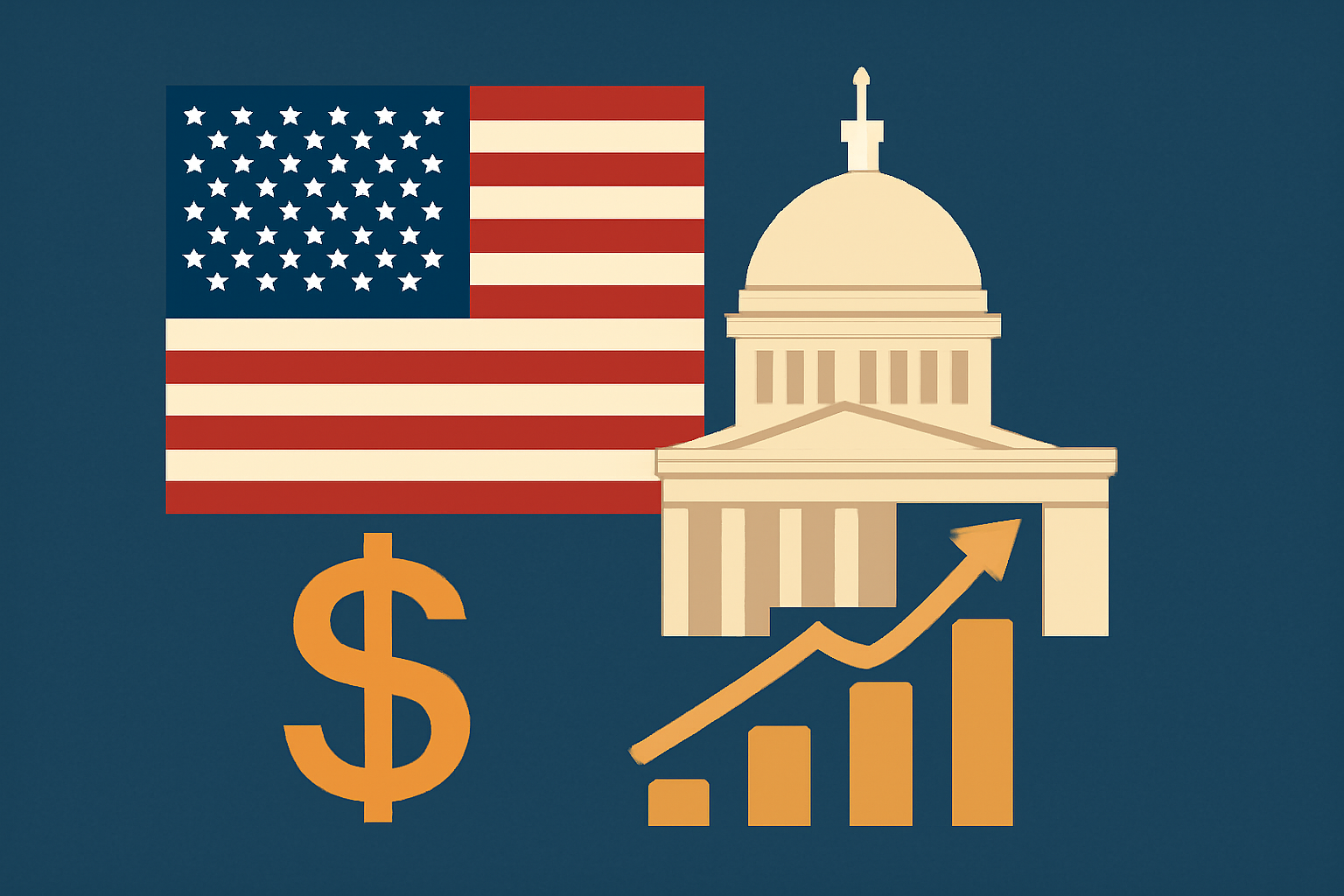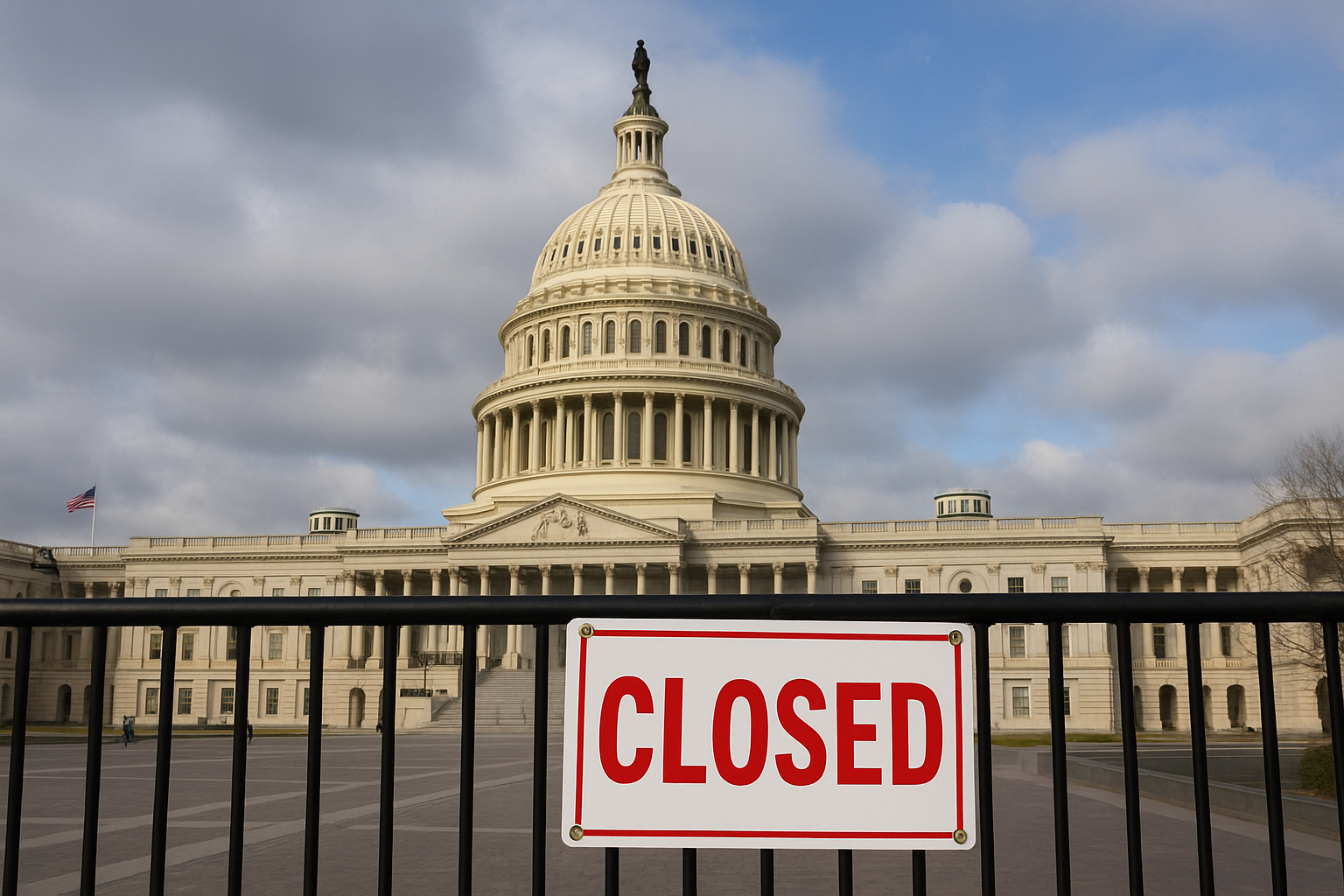In a significant step that could have far-reaching effects on both the U.S. economy and financial markets, the U.S. House of Representatives has advanced President Trump’s sweeping tax and spending legislation. With a potential vote looming ahead of the July 4th holiday, the bill proposes a comprehensive package of extended tax cuts and reduced Medicaid funding, marking a critical shift in fiscal policy that investors need to closely monitor.
While the bill’s ultimate fate hinges on further debate and potential modifications in the Senate, the passage through the House signals that a renewed push for tax relief and fiscal reforms is gaining traction. For investors, this represents a pivotal moment to reassess portfolios and adjust for potential economic shifts that may stem from such policy changes.
Why This Matters for Investors
The bill’s tax cuts, which are expected to target corporate taxes and individual income tax, could lead to increased consumer spending and corporate profitability, driving growth in certain sectors. Meanwhile, Medicaid funding cuts may have a disparate impact on healthcare and social services companies, potentially leading to volatility within the healthcare sector.
Investors need to understand the nuances of such a tax and spending overhaul, as the implications for various sectors could be significant:
- Corporate America: Reduced corporate taxes generally lead to higher earnings and could fuel stock buybacks, enhancing investor returns. In particular, tech, financials, and energy stocks may benefit from a more favorable tax environment.
- Healthcare: Medicaid funding reductions could put pressure on healthcare providers, insurance companies, and public health programs, which might result in heightened volatility in healthcare stocks. Investors should carefully assess the financial resilience of companies within this sector.
- Consumer Spending: Extended tax cuts for individuals might boost disposable income, leading to higher consumer demand. Retailers, consumer goods manufacturers, and related industries could see positive effects.
- Debt and Deficits: Increased government spending coupled with tax cuts might raise concerns about long-term debt levels, influencing investor sentiment toward Treasury bonds and long-term interest rates.
Potential Risks and Opportunities
- Positive Impacts on Growth Stocks: Lower taxes could act as a growth stimulant for tech companies, consumer discretionary firms, and manufacturers benefiting from more capital for investment and expansion.
- Healthcare Sector Under Pressure: As Medicaid funding is reduced, stocks of companies relying heavily on Medicaid reimbursement (e.g., hospitals, insurance providers) might face headwinds. Conversely, firms in Medicare Advantage or private insurance may benefit as consumers shift toward more sustainable options.
- Debt Concerns: With tax cuts potentially raising the deficit, the pressure on U.S. government debt may increase. Bond investors should be mindful of interest rate fluctuations and long-term bond performance.
The tax cuts and fiscal reforms are likely to push the U.S. economy into higher growth territory in the short term, but the long-term impact on debt sustainability and economic inequality will require careful monitoring.
Future Trends to Watch
- Earnings Season Impact: As the bill progresses, companies will likely update earnings guidance to reflect tax cuts, potentially boosting quarterly reports and stock prices for firms that stand to benefit.
- Healthcare Reform: The reduction in Medicaid funding could create winners and losers within the healthcare industry. Investors should monitor shifts in public policy and regulatory landscape as the Senate debates the final version of the bill.
- Economic Growth vs. Fiscal Responsibility: As markets digest the potential short-term boost from tax cuts, investors should keep an eye on the broader fiscal policy and the debt-to-GDP ratio, which could create longer-term headwinds for government spending and borrowing.
Key Investment Insight
With tax cuts expected to push corporate profits higher, growth stocks are likely to see continued demand, particularly in technology, consumer goods, and energy sectors. However, investors should prepare for potential volatility in healthcare stocks, given the looming Medicaid cuts.
Additionally, as fiscal policy shifts and economic growth accelerates, the broader interest rate environment and the government debt landscape will evolve. Investors should be proactive, not reactive, in adjusting their portfolios, particularly for sectors sensitive to policy changes and tax implications.
Stay informed with MoneyNews.Today for breaking updates on fiscal policy, tax reforms, and their impact on financial markets. Our expert coverage gives you the insights you need to navigate these turbulent waters.





